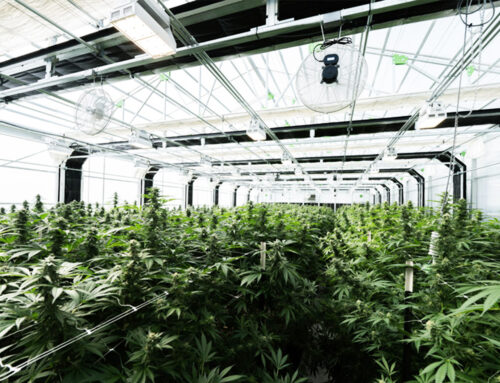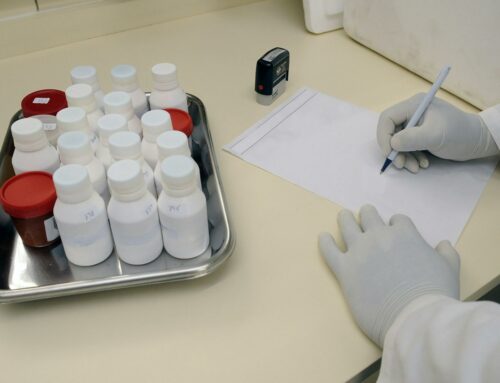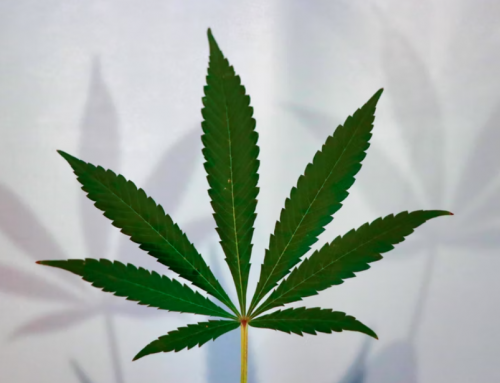Ohio’s Recreational Cannabis Rollout Mired in Political and Legislative Hurdles
NEW YORK- Ohio’s journey towards implementing a recreational cannabis program is encountering significant obstacles, as the state grapples with legislative standstills and political disagreements. Despite the recent legalization, the path to operationalizing the program remains fraught with uncertainty, primarily due to a mix of administrative rulemaking challenges and political gridlock.
House Speaker Jason Stephens (R) is currently holding up legislative amendments critical to the program’s success. In contrast, Representative Jamie Callender (R), a key figure in marijuana reform discussions within the House, optimistically suggests that most necessary adjustments will be facilitated through administrative rules by the Ohio Department of Commerce by September.
Callender’s predictions align with efforts to address concerns highlighted by Governor Mike DeWine and Senate President Matt Huffman. These concerns include stringent measures to prevent cannabis sales to minors and a prohibition on marijuana advertising, aiming to maintain public safety and order amidst the transition to legal recreational cannabis use.
Governor DeWine, emphasizing the urgency of the situation, has called on state lawmakers to enact legislation that would restrict sales of delta-8 products to minors. Additionally, DeWine advocates for the immediate allowance of recreational marijuana sales at existing medical dispensaries. This move, according to the Governor, is essential to curtail the expansion of an illicit market during the interim period before the issuance of recreational retail licenses.
The potential for an expanded black market without regulatory oversight is a pressing concern for state officials. The Governor’s stance underscores the need for legislative action to ensure consumer safety and market control, highlighting the limitations of administrative rules in addressing these critical issues.
The timeline for implementing the recreational program is tight. The Ohio Department of Commerce’s ability to finalize administrative rules by September 7 could enable medical marijuana shops to commence recreational sales shortly thereafter. However, the opening of new recreational dispensaries could be delayed until late in the year, posing challenges for the market’s growth and regulatory framework.
Contributing to the legislative impasse are several factors, including the procedural time required for new laws to take effect and election year apprehensions. Representative Callender acknowledges the desire to operationalize the program swiftly, yet recognizes that electoral considerations may be influencing the delay. Furthermore, existing political tensions between Huffman and Stephens exacerbate the difficulty in achieving consensus on marijuana legislation.
As Ohio navigates these complexities, the state’s approach to cannabis reform is under scrutiny. The outcomes of these legislative and administrative processes will significantly impact Ohio’s ability to establish a regulated, safe, and economically viable recreational cannabis market. The coming months will be critical in determining the future of cannabis policy and industry development in Ohio, as stakeholders await resolution on these pressing legislative and regulatory challenges.




































